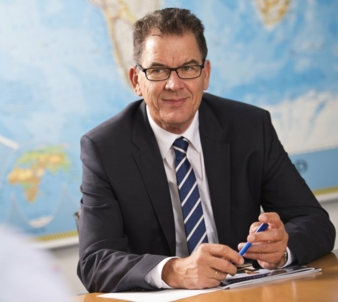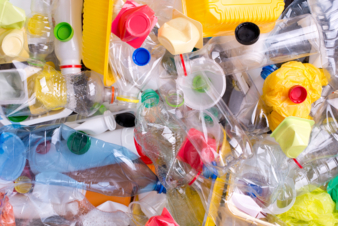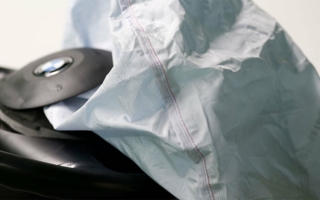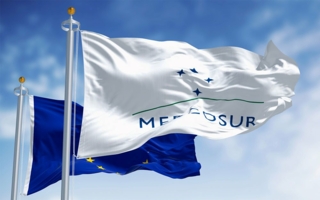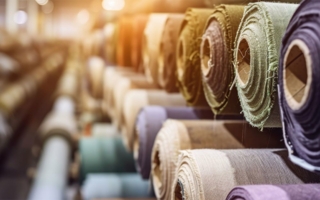09/05/2019 – BMZ — auf Deutsch lesen
Waste is a resource!
German Development Minister Gerd Müller rethinks and launches an international waste alliance. The message is: waste is a raw material and not garbage!
In May 2019, Germany’s Minister for Economic Cooperation and Development, Gerd Müller, launched the international waste alliance ‘Prevent’ together with over 30 organisations from the business and science communities, and Indonesia and Ghana.
Minister for Economic Cooperation and Development Gerd Müller:
“Waste is quickly becoming a question of global survival, much like climate change. Estimates predict that by 2050 the amount of waste we produce will have increased by 70 percent – to is a total of 3.4 billion tonnes. Plastic waste floating in the oceans will increase tenfold. Already, the biggest “landfill” is not on land but at sea. The largest of these plastic islands is four times the size of Germany.
These are truly disastrous developments.
By 2050, our oceans could contain more plastics than fish – unless we take immediate action. The global fight against waste requires sustainable solutions for preventing waste, appropriate disposal and recycling. Germany is leading the way and has created this alliance to share its know-how and technology with emerging and developing countries, where currently only 4 percent of waste is reclaimed. That is why I am excited about the launch of targeted projects in Indonesia and Ghana. Waste is not rubbish, it’s a resource.”
The international waste alliance ‘Prevent’
Alliance partners include the German Federal Ministry for the Environment, Nature Conservation, and Nuclear Safety (BMU), the Federation of the German Waste, Water and Raw Materials Management Industry (BDE), the WWF Germany, the Wuppertal Institute for Climate, Environment and Energy, and the Fraunhofer Institute for Process Engineering and Packaging (IVV).
Alliance members
Among industry stakeholders are Nestlé, Werner & Mertz and ALPLA, and social enterprises like Grameen Creative Lab and Plastic Bank. The waste and recycling industry is represented by Der Grüne Punkt, Umicore, Remondis, Wastecon and Blackforest Solutions, among others. Other alliance members are the German RETech Partnership and the German Association of the Plastics Converters (GKV). Founding members from the scientific community include professors and departments at the universities of Dresden, Kassel and Rostock, the United Nations University as well as the Institute for Social-Ecological Research (ISOE).
The Federal Ministry of Economic Cooperation and Development (BMZ) supports and invests in waste disposal, recycling and the establishment of a circular economy worldwide. To cite an example, it is building a recycling system for the biggest e-waste site in Ghana, where more than 10,000 people will be employed and trained in recycling. Until now, the people who dismantle appliances are exposed to toxic gases without protection, and toxins are polluting the ground and water. In Indonesia, the BMZ is investing in the construction of modern waste disposal and sorting sites. To put these efforts in context, more than half of all plastic waste originates in five countries: China, Indonesia, the Philippines, Vietnam and Thailand. A large portion of that waste is swept into the oceans by rivers.

